In an interview with Arab Economy Magazine on November 29, 1978, Ayatollah Ruhollah Khomeini, the founder of the Islamic Revolution, claimed: “Workers in the Islamic Republic will have the right to gather and defend their trade union rights.” He added that: “The deprived workers of Iran, most of whom are pious, poor and hungry farmers, have the right to fight in any possible and legitimate way to obtain their rights. In the Islamic Republic, they are given the right to gather ... to discuss their issues and problems, and in the end, to inform the government about their issues and to defend their trade union rights.”
In an article published on February 28, 1979, Khomeini later described Islam as pro-workers, saying: “Factory workers, and other workers and employers and deprived classes, should know that Islam has supported them from the beginning and they are not and will not be abused under the rule of Islamic justice.” He promised that over time, the problems of the workers would be resolved and the country would be reformed to favor workers so that they would enjoy their rights.
Did the Islamic Republic support the right of workers to assemble and defend their trade union rights? Did workers enjoy their rights under 42 years of the Islamic Republic? Did the injustice faced by workers end?
The Right to Unionize and to Assemble
Article 27 of the Constitution of the Islamic Republic of Iran provides for freedom of assembly, provided arms are not carried and gatherings are not detrimental to the fundamental principles of Islam. Article 26 recognizes unions and membership in unions. But while the constitution explicitly defends the right to freedom of assembly and unarmed demonstration, the parliament of the Islamic Republic, in its legislation, has made the holding of rallies and marches conditional on receiving a permit from the Ministry of Interior and governor-generals.
According to paragraph 2 of Article 6 of the “Law on the Activities of Parties, Political Groups and Associations, Unions and Islamic Associations and Recognized Religious Minorities,” holding rallies and marches is subject to obtaining permission from the Article 10 Commission of Parties of the Ministry of Interior. But in practice, the Ministry of Interior has shown that it does not allow any form of assembly beyond government-sponsored marches and rallies. For this reason, 40 years after the adoption of the constitution, parliament considered a “plan for the formation of rallies and marches” to revive Article 27 of the constitution and allow the freedom of assembly.
The plan was not approved but the chamber’s Research Center published a report which included credible evidence of “the Ministry of Interior's refusal to grant permits to applicants for rallies and marches.”
The Research Center’s report stated that the Ministry of Interior uses the law as an excuse to block rallies. It also names “political motivation,” as a factor, “fear against possible outcomes [of protests]” and “corrupt motivations” as other factors contributing to the Ministry of Interior’s resistance to allowing rallies.
The assaults on workers’ rallies, student protests, teacher protests and others, by law enforcement, paramilitary and even military forces over the past 42 years, and the disruption of generally peaceful and unarmed rallies, show that the Islamic Republic incompatible with union rights and the socio-political rights of the people.
Workers are not the only group deprived of the freedom to assemble. The only groups that have been permitted to hold rallies and marches have been those who have marched in defense of the Islamic Republic’s domestic and international policies. Violent crackdown on Haft Tappeh workers’ strikes, the arrest of workers' representatives and the flogging of workers are recent examples of the government's labor crackdowns.
End or Continuation of Injustices Against Workers?
A look at the statements, union activities and interviews of union activists shows that, although 42 years have passed since the establishment of the Islamic Republic, workers’ demands have not been met. In fact their demands have grown. The most common complaint among workers is that the cost of living has long outstripped their wages. But workers also cite “lack of job security,” “temporary and blank contracts,” “unfair health insurance coverage,” “erosion of pensions,” “labor law reform,” “freedom of trade union activities and the establishment of trade unions,” “the need to strengthen trade unions,” the “non-recognition of protests and trade unions,” and the lack of “independence of social security” are their chief complaints.
The Islamic Republic has failed to realize workers' rights and end injustice. And it has ignored or even perpetrated injustices against workers.
Roozbeh Bolhari, a senior labor correspondent with Radio Farda, reported on the repression of workers by the Islamic Republic over the last four decades in a report published on February 26, 2019.
Quoting Sadegh Kargar, an Iranian labor activist based in Norway, Bolhari wrote: “The oppressed did not become the rulers, they only became more oppressed. They have abolished labor protection laws ... Moreover, as soon as a worker protest, the repressive special forces deal with them. In the courts, the worker is then sentenced to flogging, a punishment that did not exist during the previous government. Workers are now flogged, imprisoned, and sentenced to 10 years in prison for union issues, for instance, a teacher or a worker who has formed a trade union or defended the rights of teachers or workers to form a union. The rulers now are fledgling capitalists who have followed in the footsteps of the previous ones and are treating the oppressed much worse, more violently, more ruthlessly and more inhumanely. In fact, what the workers had gained after 100 years of struggle and effort, they have lost in the Islamic Republic.”
Not only have workers not received their rights but they have also lost benefits, such as lifelong job security, which they enjoyed before the Revolution. In an interview with Iranian Labor News Agency, in 2009, Fattullah Bayat, head of the Union of Permanent and Temporary Workers, stated that the number of workers with temporary contracts was 95%. He also said: “The Islamic Republic talks about protecting people’s rights. How can they allow such contracts?” Labor activists say temporary contracts exploit workers – an exploitation that was established and developed under the Islamic Republic.
The Situation of Iranian Workers Compared the Rest of the World
One of the most telling comparisons between the situations of workers in different countries is their respective minimum wages. According to a 2019 report by Germany’s Wirtschafts-und Sozialwissenschaftliches Institut, the current minimum wage is as high as US$14 an hour in some European countries. The lowest minimum wage recorded, in some African and Asian countries including Iran, is just a few cents an hour.
Iran’s official minimum wage in 2020 was set at 1,835,427 tomans for 176 hours of work per month or 44 hours per week. That is 10,000 tomans per hour, equivalent to 45 US cents, calculated at an exchange rate of 23,000 tomans per US dollar.
The disaster becomes even more obvious when the minimum wage is compared to the poverty line. Estimates by the Imam Khomeini Relief Foundation have calculated that the food poverty line is 670,000 tomans per person. Faramarz Towfiqi, head of the wage committee of the Islamic Labor Council, said: “If we multiply this figure by 3.3 people, which is the average number of people in a family, we get to 2,211,000 tomans for the cost of food on the poverty line. If we consider food as 30.95% of living costs and work that in, the declared poverty line will be 7,143,780 tomans [per month].” This is much more than workers earn on the minimum wage.
“Workers are not able to earn a living under normal circumstances,” said Hadi Abui, Secretary-General of the Supreme Council of Trade Unions, in September 2020. “If they have a contract and receive minimum wage, they will at best cover a third of their expenses. How can a worker, who can barely afford food and gets by on bread and boiled potatoes, afford to buy hygiene products or take care of their health with proper nutrition?”
Compare the situation of this worker with a worker in neighboring Turkey where the minimum wage is $6.05 per hour. A Turkish worker receiving minimum wage spends 41.2% of their wages on food and 58.8% of their wages on housing and other expenses.
You can find out more about our fact-checking methodology here.
visit the accountability section
In this section of Iran Wire, you can contact the officials and launch your campaign for various problems




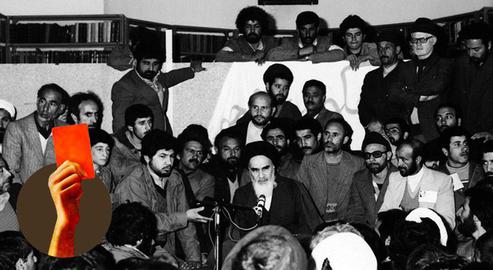




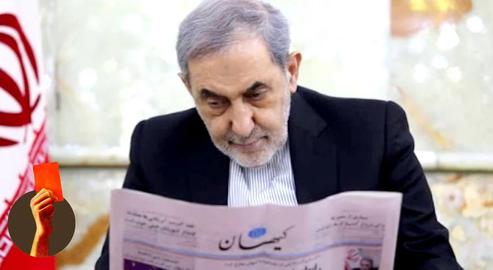

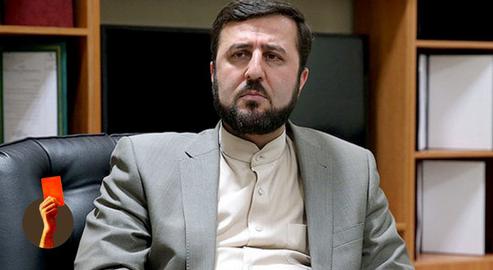
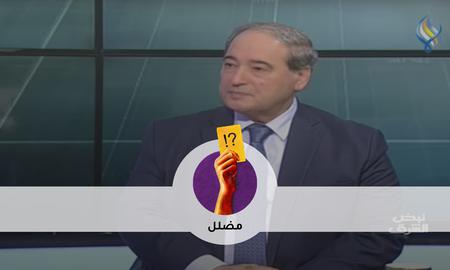
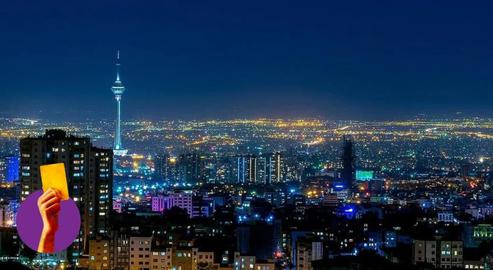
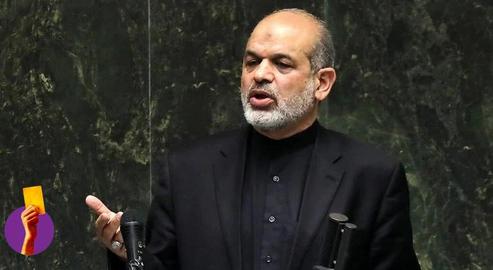
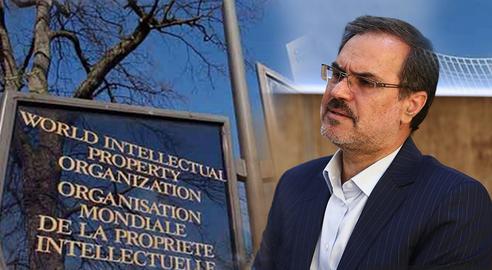

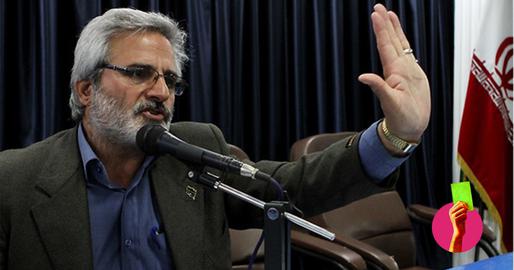
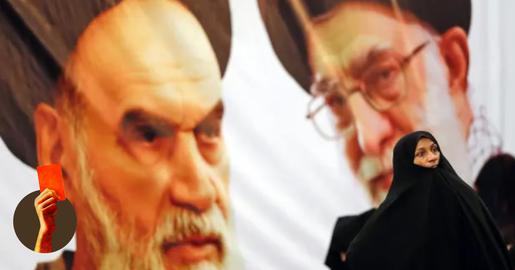
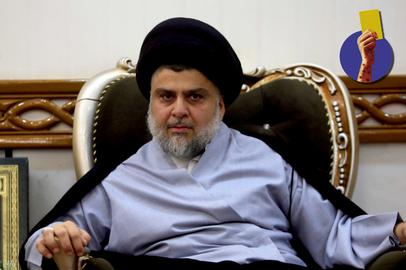
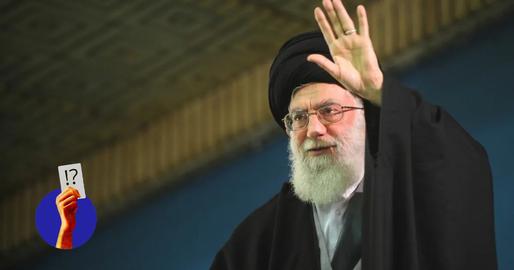

comments